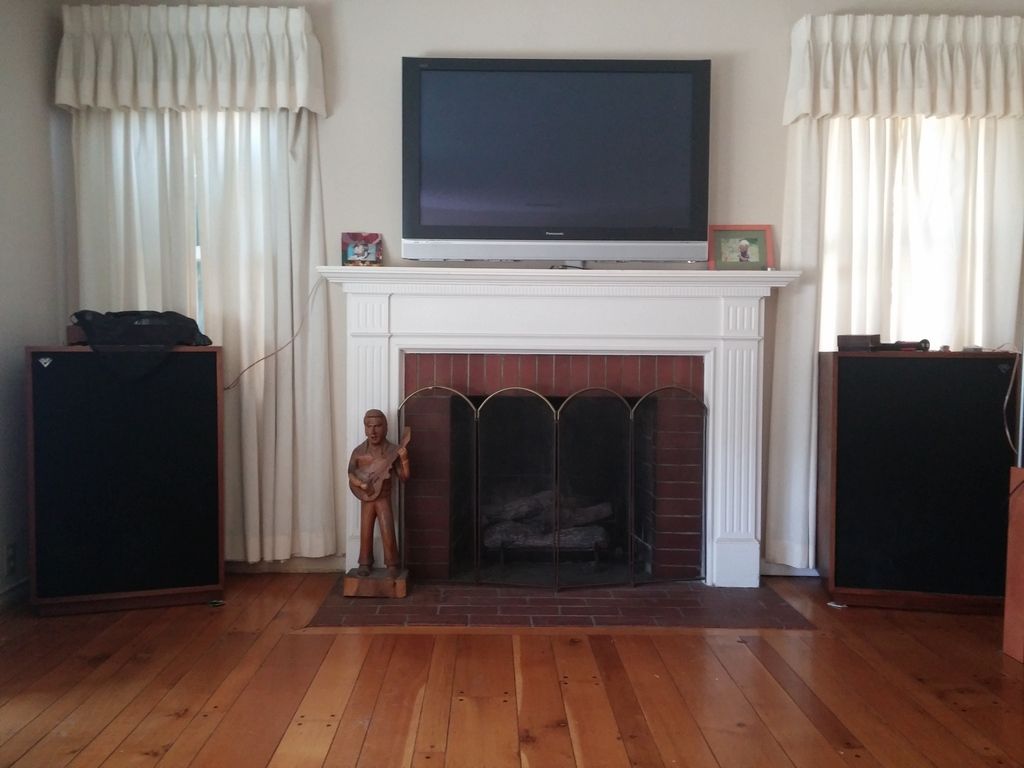pognoot
Well-Known Member
Damnit.. FU advances in audio technology! I absolutely LOVE the look and feel of 1970s vintage speakers, but DAMNIT. I listen to a song on my 1970s speakers, and then listen to the same song on my NEW rig... and Jesus.. the new system sounds SO. MUCH. BETTER.
But but.. but... the old ones LOOK so much more kickass!!
It's like wanting a 1978 Trans Am that performs like a 2015 Tesla Model S.
Ugh!! You I guess ya gotta appreciate them on their own level.
Not a new vs old rant. Just an honest experience!
Cheers to all the AK music lovers. It's all great. I think I've had one too many whiskeys. Bottom line, I love music!
But but.. but... the old ones LOOK so much more kickass!!
It's like wanting a 1978 Trans Am that performs like a 2015 Tesla Model S.
Ugh!! You I guess ya gotta appreciate them on their own level.
Not a new vs old rant. Just an honest experience!
Cheers to all the AK music lovers. It's all great. I think I've had one too many whiskeys. Bottom line, I love music!


